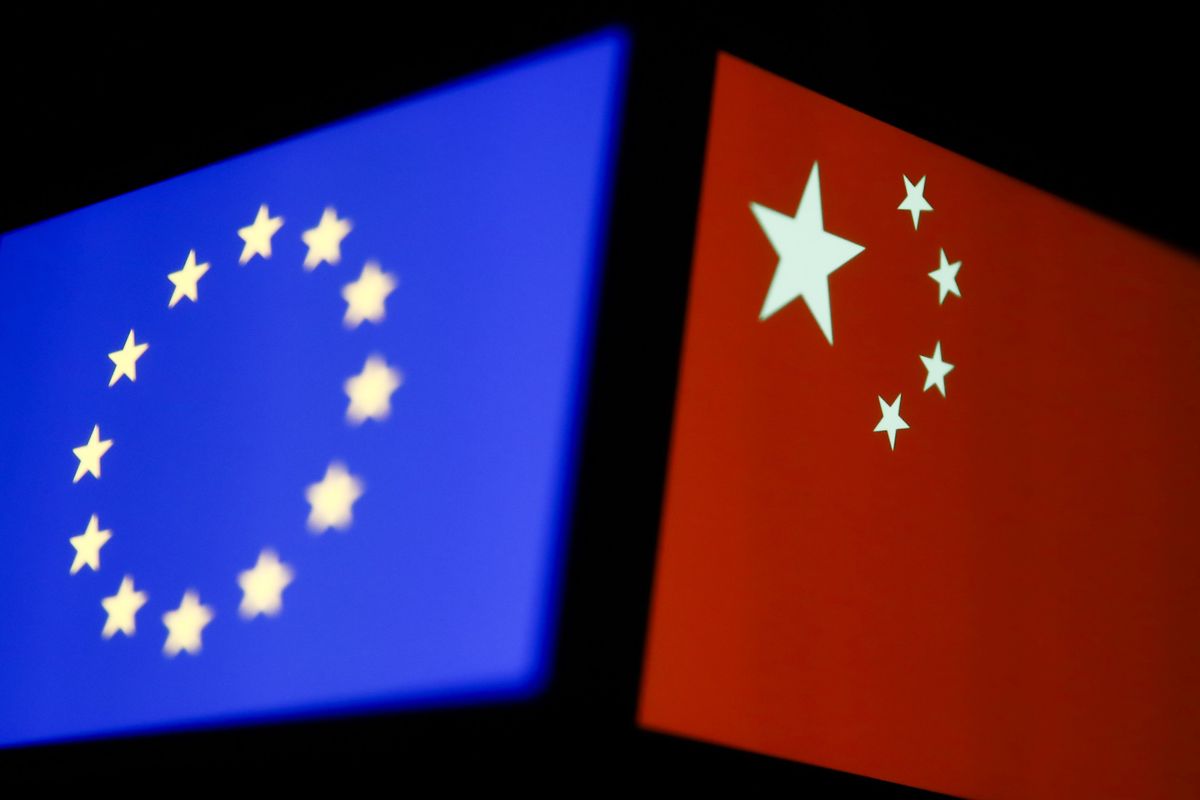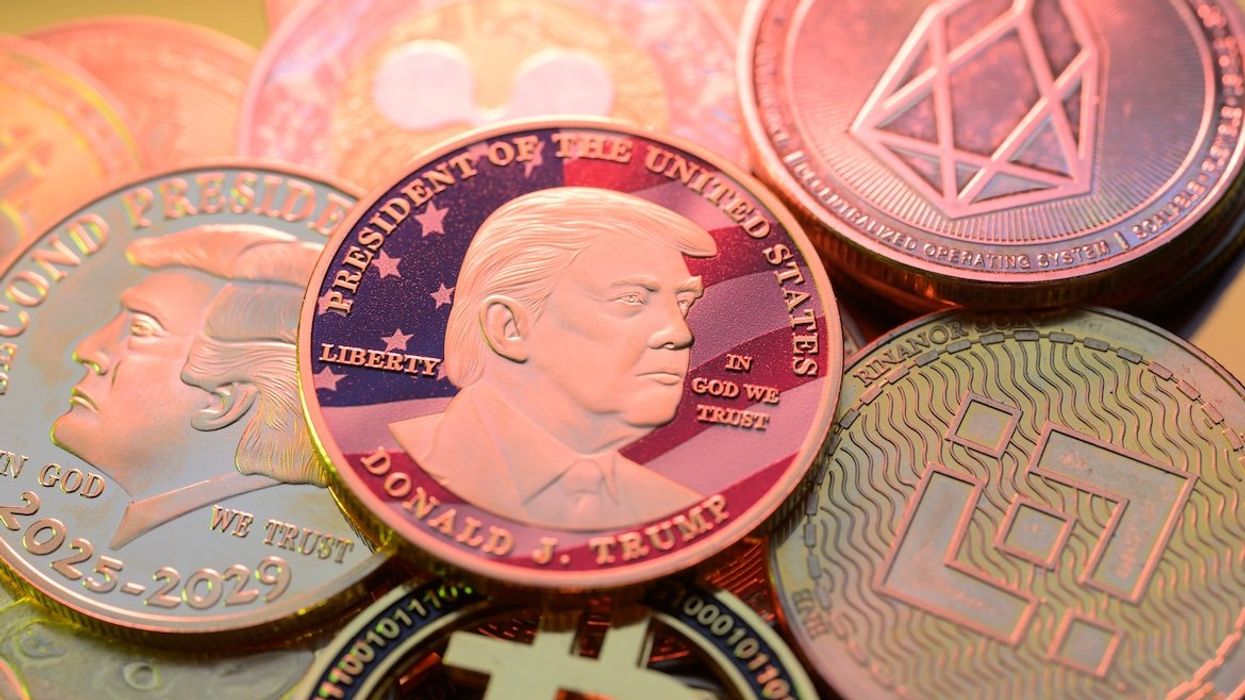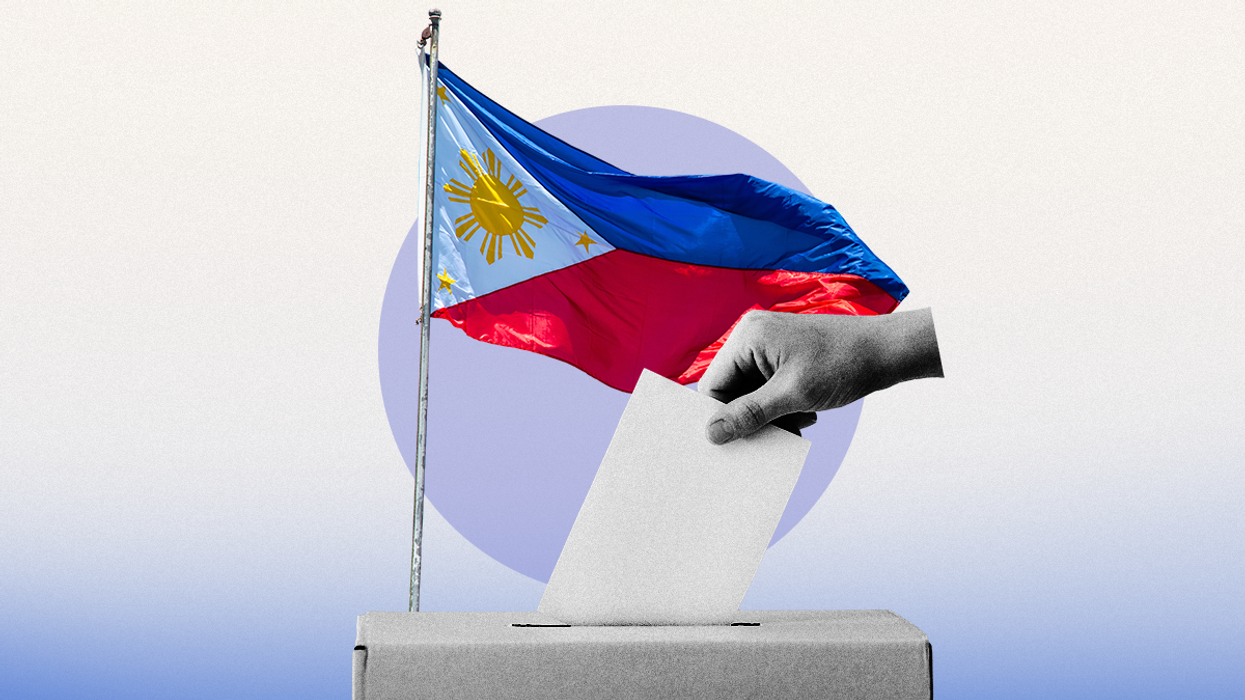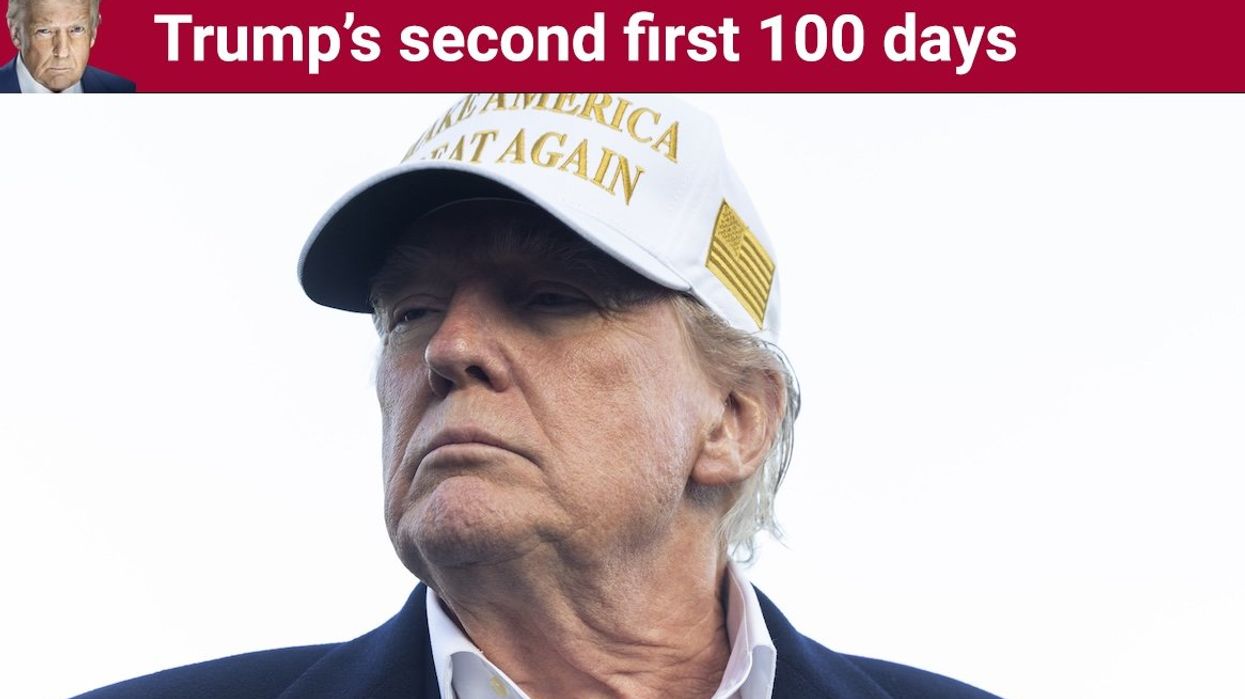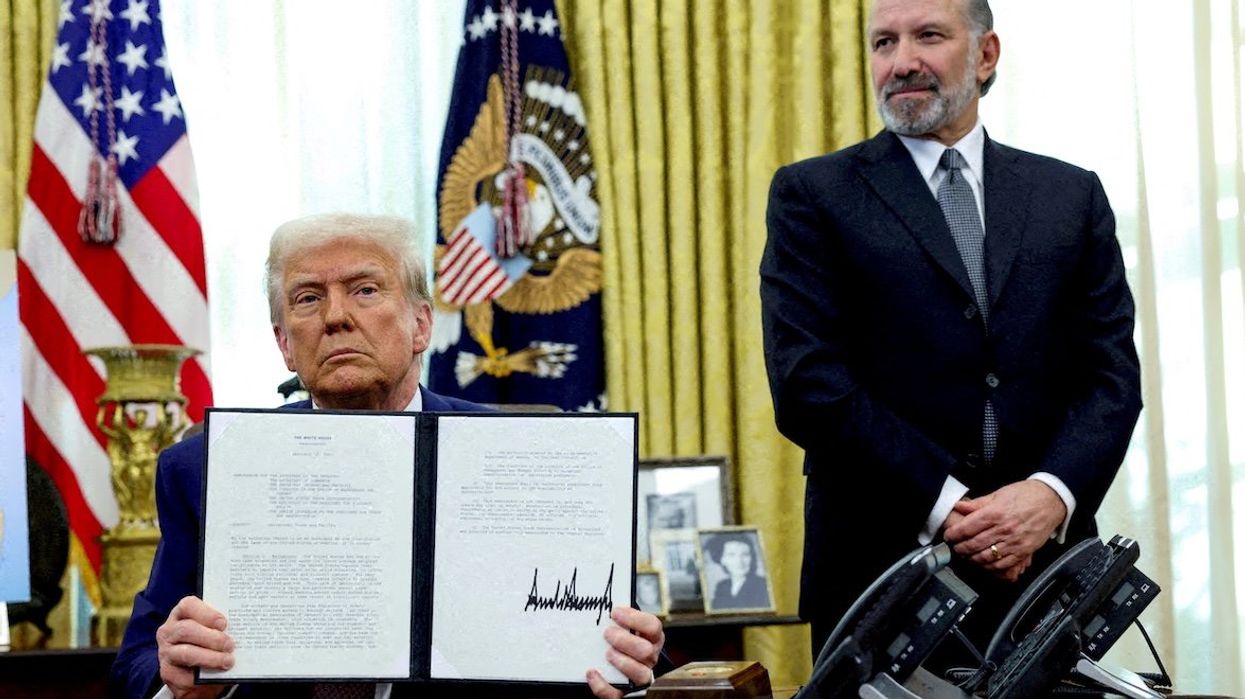European Commission President Ursula von der Leyen and European Council President Charles Michel will visit Beijing on Dec. 7 for in-person meetings with President Xi Jinping and Premier Li Qiang. The two sides want to show a commitment to dialog at a time when their relations are coming under mounting strain, as underscored by the recent opening of an EU probe into unfair Chinese competition in the electric vehicle sector.
Similar to last month’s meeting between Xi and US President Joe Biden, this week’s EU-China summit is not expected to produce any major breakthroughs. To find out more, we spoke with Emre Peker, a director for Eurasia Group’s Europe practice, and Anna Ashton, a director for the China practice.
Why is this meeting happening now?
Emre Peker: The last time Xi and the EU’s top two officials met in person was in 2019 in Beijing, before the pandemic struck. They have met virtually a couple of times since. This week’s in-person gathering is meant to showcase Brussels and Beijing’s willingness to maintain a healthy dialog despite their growing differences.
Anna Ashton: Both sides have sought increased engagement since Beijing began lifting its strict COVID policies toward the end of 2022. The EU-China trade and investment relationship is crucial for both. Other issues of common concern include climate change, global health, and the Russia-Ukraine conflict.
What does the EU want to achieve at the summit?
Peker: Among other issues, the EU wants to address growing imbalances in its economic relations with China as well as the war in Ukraine. A key priority is to highlight the EU’s willingness to take measures to protect itself against Chinese industrial subsidies and overcapacity, which are contributing to a record-high trade deficit with China. Brussels will also seek greater Chinese collaboration on enforcing sanctions against Russia by presenting a list of Chinese companies that will be targeted for penalties unless Beijing helps halt the trans-shipment of dual-use goods. Lastly, the EU will seek to convince Beijing that Europe’s stance on China is distinct from that of the US, particularly on economic matters, to obtain more cooperation and avert escalating tensions.
What does China want?
Ashton: Protecting trade and investment ties with the EU has grown more important for Beijing given the economic headwinds it faces at home. Moreover, Chinese authorities worry about the EU’s drift toward China policies resembling those of the US and want to hammer out a distinct and more cooperative path for China-EU relations. But progress is likely to be limited given their differences on a range of issues. These include the flood of Chinese EVs entering the EU; EU steps to bolster export controls on dual-use goods — particularly tech products — and consider outbound investment screening; the obstacles faced by European companies to doing business in China; and European accusations of Chinese circumvention of sanctions on Russia.
What are the best-case outcomes we can expect?
Peker: On the economic front, a best-case outcome would be an agreement from Beijing to immediately remove trade barriers for certain EU products (such as medical devices and infant formula) and take steps that would facilitate greater market access and investment opportunities for European companies generally. On the diplomatic front, China would proactively collaborate in enforcing sanctions on Russia and commit to more diplomatic engagement on Ukraine’s 10-point peace plan.
Ashton: China’s ties with the EU are strained, but not as fraught as those with the US, so theoretically there is potential for deliverables that equal or surpass those of the Biden-Xi summit, where the two sides agreed to cooperate on bilateral irritants such as fentanyl precursors and military-to-military dialogue. China could offer narrow concessions on market access, but given the limited receptiveness shown to EU trade and investment concerns, does not appear likely to offer broad concessions. Though China and the EU continue to harbor sharply different views about the causes of the war in Ukraine and essential terms for its resolution, Beijing could signal a willingness to participate in future rounds of talks.
How do you expect EU-China relations to evolve over the medium term?
Peker: Given the expectation that the summit will not deliver any major breakthroughs, the EU will likely continue to harden its stance against China, raising the risk of Chinese commercial retaliation. The EU will not likely be able to convince Beijing of its autonomy from the US on China policies, hurting EU ambitions to establish more constructive engagement with China. Therefore, the EU is likely to seek open communication channels and stable commercial ties in the medium term, while trying to reduce dependencies on China in the long run.
Ashton: Beijing is unlikely to shift the EU away from its assessment that China has become an economic competitor. Therefore, China will continue its efforts to drive a wedge between the EU’s and the US’s approaches to relations with China, but its success in this regard will largely be determined by the politics of EU member states and the policies of the next administration in Washington.
Edited by Jonathan House, senior editor at Eurasia Group.
